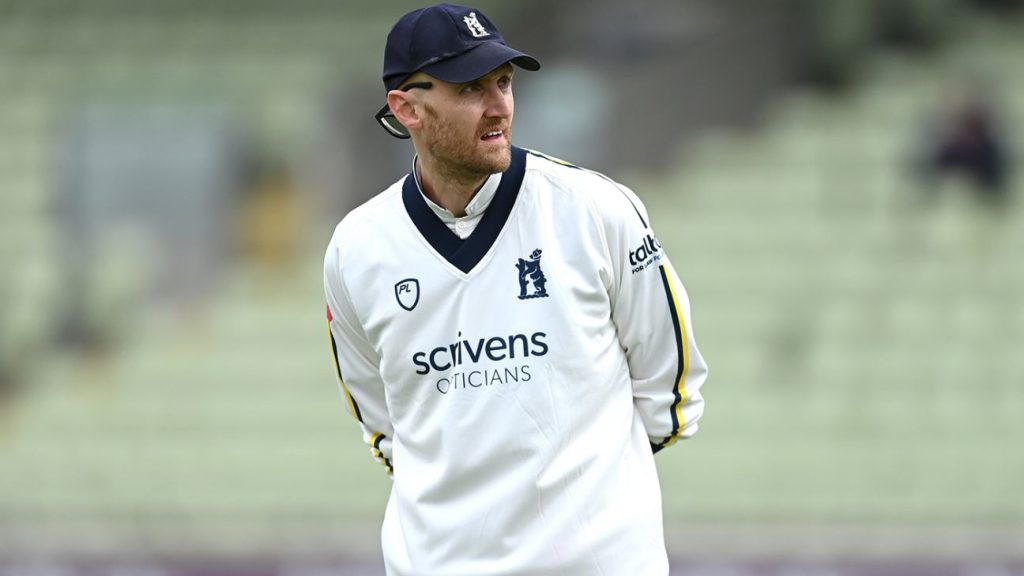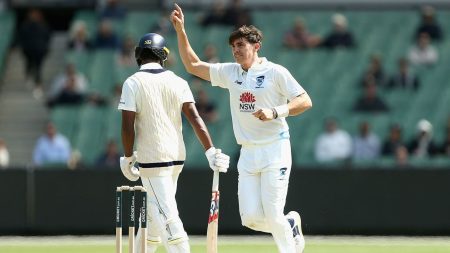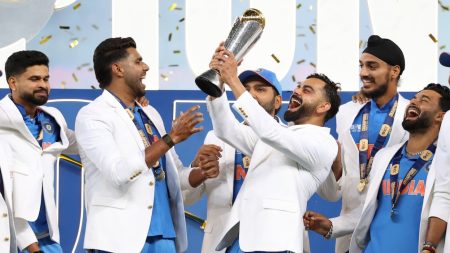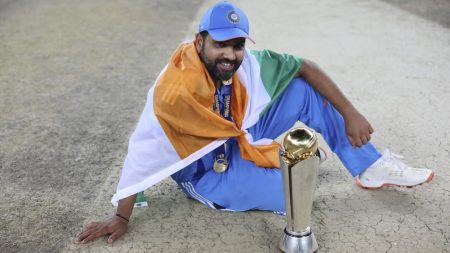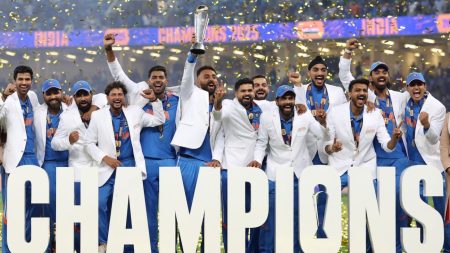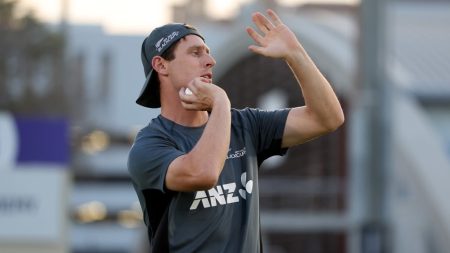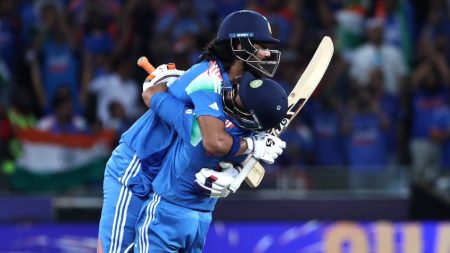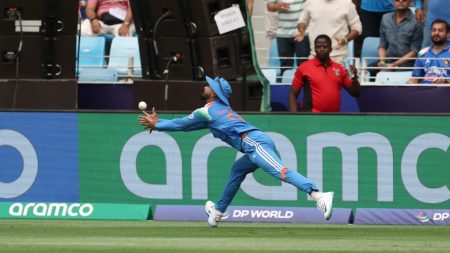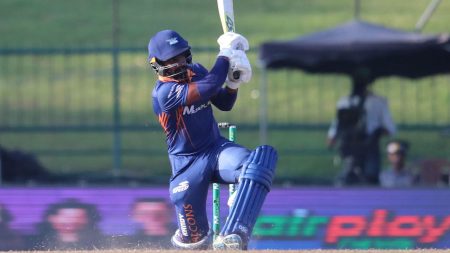Welcome to a New Era: Oliver Hannon-Dalby Takes the Helm at PCA
Oliver Hannon-Dalby, the veteran Warwickshire seamer, has been elected as the new chair of the Professional Cricketers’ Association (PCA), stepping into the role previously held by James Harris. Hannon-Dalby’s appointment comes at an exciting time for English cricket, marked by a significant influx of cash following the sale of the Hundred teams. The last of the eight teams, Southern Brave, was sold to GMR Group, the co-owners of Delhi Capitals and a majority shareholder in Hampshire, for £98 million. This brings the overall valuation of the Hundred to close to £1 billion, with over £450 million raised to be distributed across the professional and recreational game. Hannon-Dalby’s welcome to this new era is tinged with both optimism and a sense of responsibility, urging the ECB to use this financial windfall wisely to address pressing issues in the sport.
Addressing the Gender Pay Gap: A Priority for the PCA
One of the most pressing issues Hannon-Dalby aims to tackle is the gender pay gap in the Hundred competition. This summer, the top bracket for male players in the men’s competition has seen a 60% increase, reaching £200,000, while the top women’s salaries have risen by only 30%, to £65,000. This disparity has widened the pay gap from £75,000 to £135,000, a trend that Hannon-Dalby finds concerning. He emphasizes that this issue was meant to be addressed by 2025, as recommended by the Independent Commission for Equity in Cricket (ICEC) report. "It’s definitely something we need to address," Hannon-Dalby asserts. "It’s simply not fair. The women’s game in this country is absolutely exploding, and it’s brilliant to see. The women’s Hundred has been an absolute success, and we need to ensure that the pay gap is closed as promised."
Protecting Player Movement: The NOC Policy Controversy
Another significant concern for Hannon-Dalby is the ECB’s new No-Objection Certificates (NOC) policy, which restricts players on red-ball contracts with their counties from participating in competitions that clash with the English summer. The IPL is the notable exception to this rule, running from March 21 to May 25, while the PSL, which concludes earlier, on May 9, is not afforded the same exception. This disparity has sparked controversy, with James Vince, a player of his generation, opting for a white-ball-only deal to participate in the PSL. Hannon-Dalby sees this as a crucial issue to address, not just for the players but for the health of the county game. "James Vince is one of the best cricketers out there, and we want him playing red-ball cricket," he says. "The disparity in rules for different competitions is a major bone of contention, and we need to ensure that players’ movement is protected."
Collaboration and Communication: The Path Forward
Hannon-Dalby’s approach to these challenges is rooted in collaboration and communication. Despite the ECB’s firm stance on the NOC policy, Hannon-Dalby emphasizes the importance of continued dialogue. "There has been a lot of open communication and collaboration with the ECB," he notes. "Getting in the room and talking about how we protect players’ movement moving forward is going to be very important. It’s probably more the movement in the winter and the bit of disparity around different competitions having different rules that is the main bone of contention." Hannon-Dalby believes that by fostering a collaborative environment, the PCA and the ECB can find solutions that benefit all stakeholders in the game.
The Health of the County Game: A Collective Responsibility
Hannon-Dalby’s vision for his tenure as PCA chair is not just about addressing immediate issues but also about ensuring the long-term health of the county game. The county game is the bedrock of English cricket, and Hannon-Dalby is acutely aware of the need to protect and nurture it. "For the health of the county game, we want players like James Vince playing red-ball cricket," he reiterates. "It’s not just about the financial aspect but also about the quality of the game and the development of young talent. The county game is where many of our best players come from, and we need to ensure that it remains strong and vibrant."
A New Chapter: Oliver Hannon-Dalby’s Commitment to Progress
As Hannon-Dalby prepares to officially begin his duties at the start of next month, following his ratification at the PCA annual general meeting on March 4, he brings with him a wealth of experience and a deep commitment to the game. Having spent over 10 years as a PCA representative, Hannon-Dalby is well-versed in the challenges and opportunities facing professional cricketers. His tenure is poised to be a significant chapter in the PCA’s history, one marked by a focus on equity, player welfare, and the sustainable growth of the sport. "It’s a privilege to be elected as the new chair of the PCA," Hannon-Dalby reflects. "We have a lot of work to do, but with the support of our members and the ECB, I am confident we can make meaningful progress in all areas of the game."

